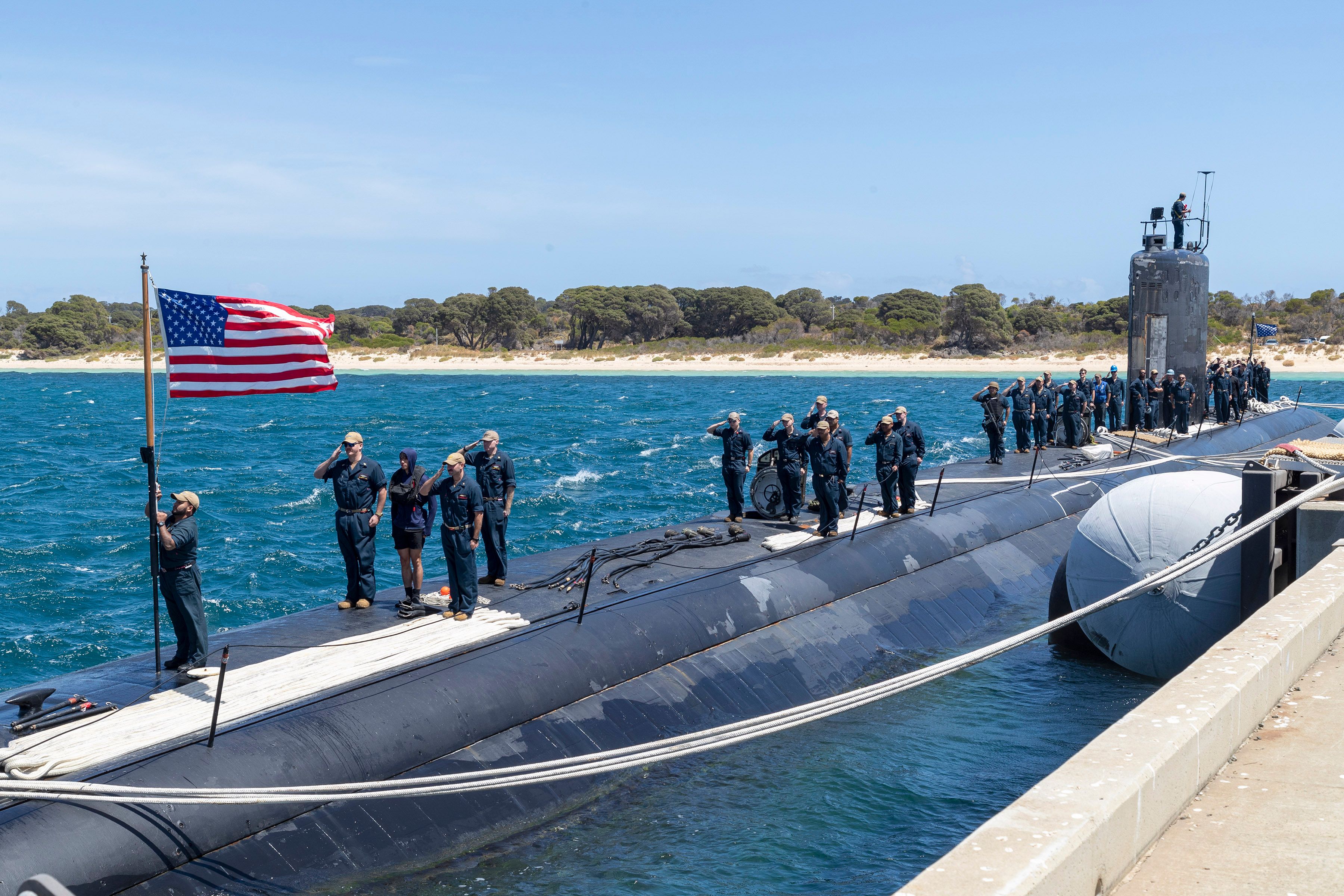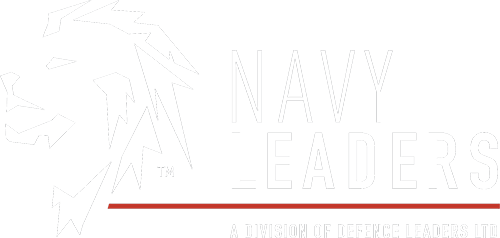AUKUS Partnership Given Go Ahead By Congress

The $886.3 billion USD package, which funds the national security activities of the U.S. Department of Defence and Department of Energy for FY2024, contains several key provisions impacting both pillars of the AUKUS partnership.
Critically for Australia’s future submarine capability, the NDAA authorises the U.S. to transfer two U.S. Navy Virginia class attack submarines to Australia, as well as sell one directly off the production line for a total of three. The approval, which lasts for 20 years, is conditional on both Australia meeting U.S. compliance requirements and the U.S. being successful at expanding its submarine industrial base. If Australia decides to purchase additional Virginia class submarines from the U.S. beyond the authorised three, language in the NDAA requires the passage of new legislation through Congress to enable it.
Short and Long Term Benefits for the AUKUS Partnership
In the shorter term, the NDAA also includes enabling legislation for Submarine Rotational Force West (SRF-West) which is scheduled to commence operations at HMAS Stirling from 2027. With the authorisation of the President, on the advice of the Secretary of Defence, the NDAA enables both Australian and British shipyards to perform “any repair or refurbishment” aboard U.S. submarines involved in “submarine security activities” concerning the AUKUS partners.
The NDAA also includes language that allows Australian civilian and military personnel to embed in U.S. submarine and nuclear shipyards in order to up skill.
The NDAA also establishes an unpredicted mechanism that will allow the U.S. to receive money from Australia for the purposes of uplifting and expanding its submarine industrial base. It creates a “Submarine Security Activities Account” (SSAA) which Australia can deposit money into. Once in the account, money can be transferred to the U.S. Department of Defence to be spent as part of its regular acquisitions budget, or invested in U.S. securities. Australia has previously committed a total of $3 billion U.S. dollars towards boosting the submarine industrial bases of both the U.S. and U.K. to enable future equipment transfers under AUKUS.
ITAR Down Under?
Contingent on Australia passing comprehensive new export control legislation, which will essentially replicate International Traffic in Arms Regulations (ITAR) down under, the NDAA provides for a Canada-level exemption for Australia and the U.K. from certain U.S export control requirements. In addition, it also directs that both Foreign Military Sales and Direct Commercial Sales requests from Australia and the U.K. be expedited, though not at the cost of requests made by Taiwan or Ukraine.
The NDAA also makes Australia and the U.K “domestic sources” for the purposes of the U.S. Defence Production Act, which will enable both countries’ companies access to U.S. federal government grants authorised under that act.
In a statement welcoming the reforms made by the NDAA, Australian Deputy Prime Minister and Minister for Defence, Richard Marles said that he “thanked” Congress for “their support of AUKUS”.
Read the original article here.
